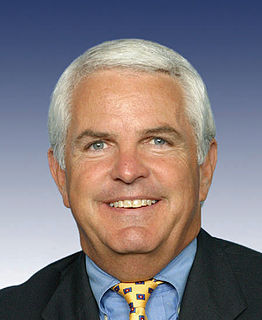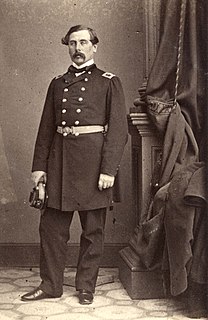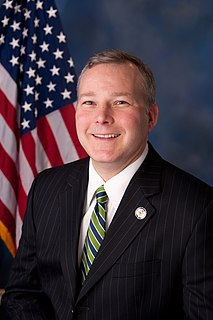A Quote by John Shadegg
Under current law, there is no additional penalty for someone who enters the United States illegally and then commits either a crime of violence or a drug trafficking offense. They simply come under the same penalty as we have in current law.
Related Quotes
I have examined the death penalty under each of its two aspects: as a direct action, and as an indirect one. What does it come down to? Nothing but something horrible and useless, nothing but a way of shedding blood that is called a crime when an individual commits it, but is sadly called "justice" when society brings it about. Make no mistake, you lawmakers and judges, in the eyes of God as in those of conscience, what is a crime when individuals do it is no less an offense when society commits the deed.
The specific question was visa overstays.Current federal law requires a biometric exit-entry system when you come in on a visa. And the [Barack] Obama administration is just ignoring federal law. Forty percent of illegal immigration is not people who cross the borders illegally. It's people who come legally on a visa and never leave.
In the United States there are only two exceptions: banks have to report deposits they suspect to be related to either terrorism or drug trafficking. But if your funds derive from trafficking women and children for sexual exploitation, for example, or from illegal arms trafficking or any other illegal activity, then banks in the US are legally free to accept your money and are not required to report your deposit to the authorities.
To make matters worse, federal drug forfeiture laws allow state and local law enforcement agencies to keep, for their own use, up to 80 percent of the cash, cars, and homes seized from suspected drug offenders. You don't even have to be convicted of a drug offense; if you're just suspected of a drug offense, law enforcement has the right to keep the cash they find on you or in your home, or seize your car if drugs are allegedly found in it or "suspected" of being transported in the vehicle.

































